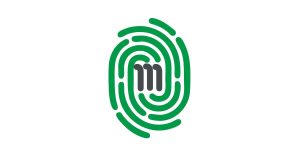In the past, many accountants and bookkeepers were taught to track a company’s finances through use of carefully maintained and protected spreadsheets. While the profession was one of the first to adopt computer spreadsheets, many accountants quickly learned that keeping paper records of everything was the best protection against a computer crash or other electronic catastrophe.
Today, however, improved technology has made it logical to fully embrace online accounting concepts. Rather than simply copying paper records into a computerized spreadsheet, this form of accounting depends on a software program to compute and analyze data. That means it becomes the bookkeeper or business owner’s responsibility to assure that data is entered properly and the software is performing the necessary tasks.
The first component of online accounting is properly entering data into your software program. Obviously, this is a crucial step; if data is entered incorrectly it can affect an entire account until the mistake is caught. Making sure that the correct expenses are charged to the right accounts is a large part of running a business. For this reason, many large volume businesses have procedures in place to double check data entry. However, smaller businesses do not tend to have this luxury and must rely on simply the eyes of their bookkeeper to assure that all data is being entered correctly.
After data has been entered, online accounting software can display it in a variety of report formats. For small business owners, this means saving hours of time compiling sales and expense reports. If data has been tagged appropriately, it’s possible for the software to organize it by client, category, product line, time frame, or a variety of other user-defined data sets all at the click of a mouse.
For small business owners, the hassles that go into inputting every expense, receipt, and paid invoice are more than made up for in the amount of data that online accounting can organize. Instead of spending a full day or more on payroll, it’s possible for the software to automatically produce a report detailing employee time, compensation, and withholdings. More advanced programs can even be automated to print paychecks and/or deposit funds into employee bank accounts. Creating invoices for clients is as simple as asking the software to print a report.
Making the switch to online accounting software can be time consuming at first, but in the long term it will help your business reduce accounting mistakes and save many hours of labor. Small businesses that can’t afford a full-time accountant can highly benefit from the fact that these programs can store and display financial data, making it possible for an accounting consultant to quickly complete tax filings and other financial reports.


















Add comment